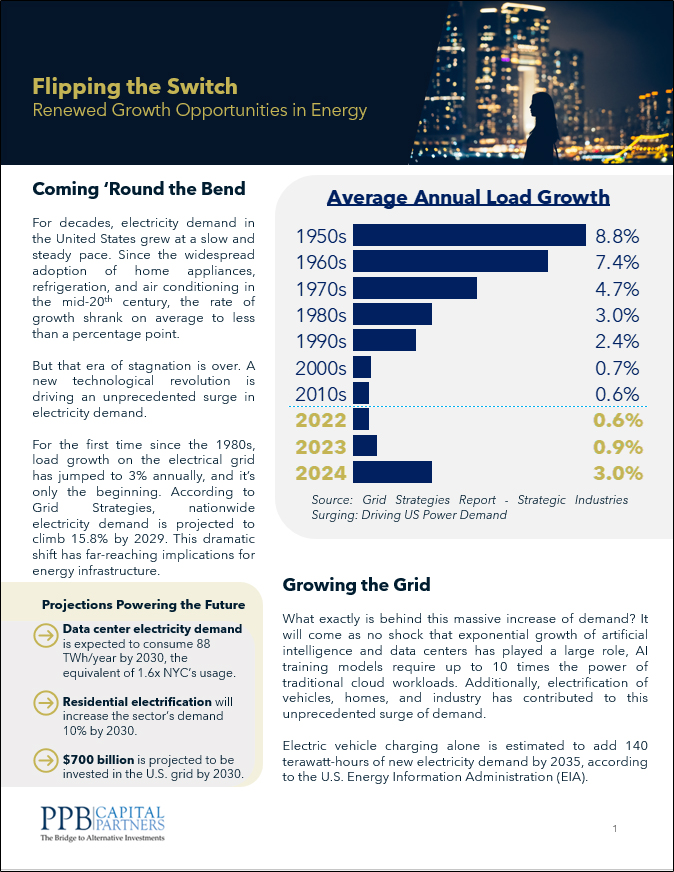
Private Credit Helps Struggling Companies Weather the Pandemic
September 14, 2020
As Congress debates the next wave of stimulus, investors ponder how much more the Fed can expand its balance sheet without impacting future generations. The good news is that the economic recovery has been better than initially expected, as people have quickly adapted to living conditions during this global pandemic.
While areas such as manufacturing and other non-contact industries have bounced back faster than many anticipated, industries such as travel, entertainment and tourism remain impaired. As such, many areas of the U.S. economy will continue to need economic support as the bounce back in the employment rate has seemingly reached a plateau. Within this context, the U.S. debt level is set to surpass 100% of GDP next year, with additional stimulus packages in the works and tax revenue falling. U.S. debt has now exceeded $20 trillion through June, an increase of over $3 trillion from the end of March when the approved stimulus was deployed. (Chart 1: US Federal Debt as Share of GDP) As a result, many industries and companies will need help weathering the next few years and may not be able to rely solely on the U.S. government for support. In fact, according to LCD, US leveraged loan defaults have spiked to their highest levels since 20091. Fortunately, the private markets can provide a necessary lifeline to these fiscally stressed companies.
While many wealth advisors have been concerned about the amount of capital raised in private credit strategies designed to help companies cope with this crisis and the level of monetary and fiscal stimulus ($2.7 trillion!), bankruptcies and defaults are at levels not seen since the Global Financial Crisis. Even with the number of new fund offerings, Preqin data shows that the total fundraising YTD in private credit is still under $65 billion (Chart 2). In addition, the benefits of private investing during recessionary periods are well documented as some of the best performing vintage years are around times of stress.
While there have also been a number of new managers entering the private credit space over the past five years pushing dry powder levels up, these managers launched funds in a vastly different environment, when it was easy to make money with default rates hovering around 1%.
Many of these firms employ less than 20 people, who are now tasked with managing assets through workout situations; this could heavily tax their teams. For that reason, we believe the larger dedicated credit managers should have a distinct advantage in this environment. Larger credit shops typically have hundreds of employees in place to not only source compelling investment opportunities, but also have dedicated teams to monitor and stabilize their existing portfolio companies across sectors.
Government stimulus can only do so much, but the larger private credit managers have the expertise to provide the capital and guidance to help companies survive the pandemic, while delivering outsized returns for client portfolios.
For more information on how to access dedicated private credit strategies, please contact Frank Burke, CFA, CAIA, Chief Investment Officer, PPB Capital Partners, 484.278.4017 Ext. 108



